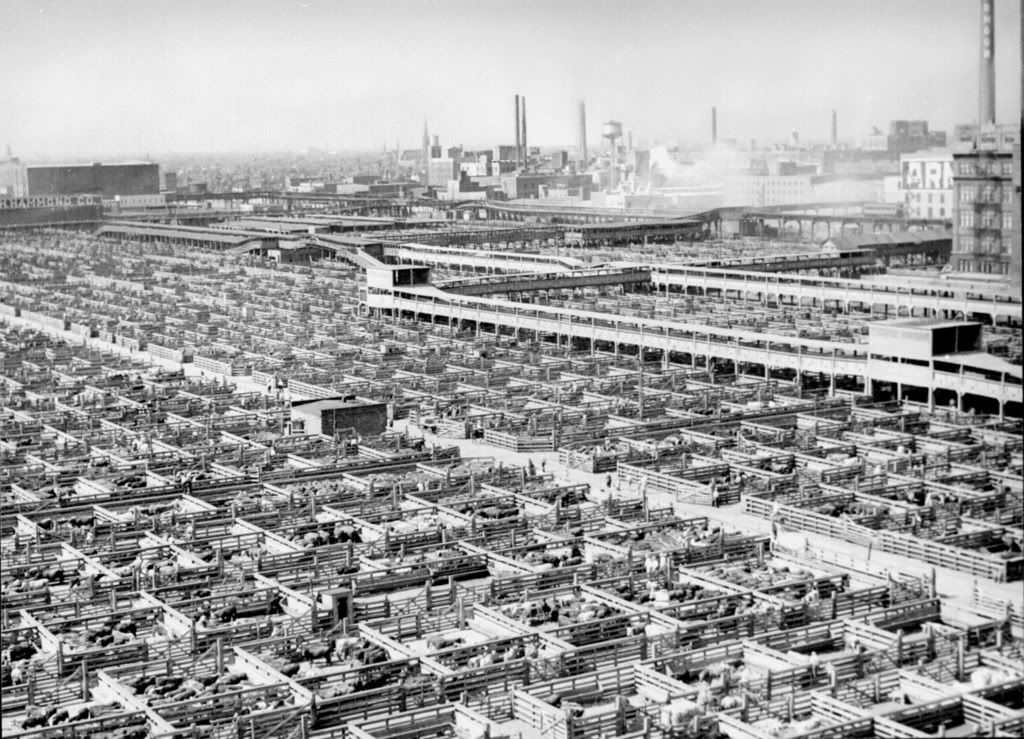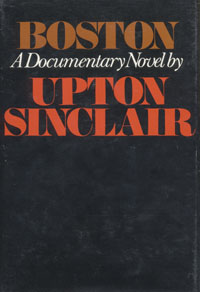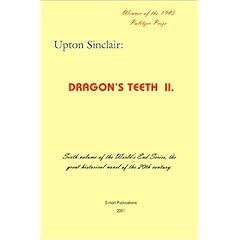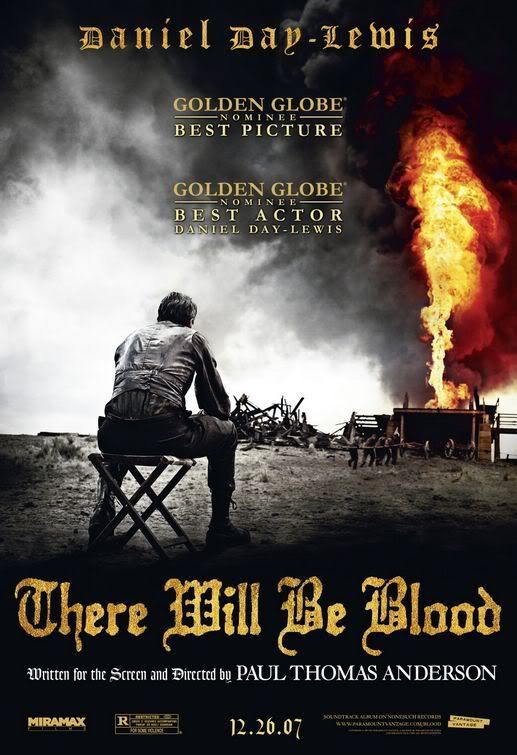
Sunday, November 30, 2008
Upton Sinclair
For my individual project, I chose to report on the author Upton Sinclair. To date, Upton Sinclair remains one of the greatest writers of American history. I chose to report on him because I have read The Jungle and was interested to learn more about the author of this book. 

Friday, November 28, 2008
Biography
Upton Sinclair was born in 1878 to a privileged family. His mother came from a railroad and banking family and his father had an family history of being in the military. His father became an alcoholic soon after he was born. Sinclair grew up with very little guidance from his unstable father and looked to his mother for love and protection.

In 1897 he graduated from college and went on to graduate school at Columbia University, but never finished. He later married and had a son.This sudden addition to the family caused him to look for work anywhere possible. He began to write for several newspapers, publishing both weekly and daily articles.
Before writing The Jungle, Sinclair had several other novels that he had written. His focus in writing was to "expose the cruelty and injustice of the social system and for rousing the working classes to an awareness of their human dignity" (Mookerjee).
Through his novels, he became a voice for the lower-class citizens of America. He was a socialist who sought to bring change to the country as it began to become more industrial and organized. His most popular novels were centered on socialist ideals.
His schooling was irregular growing up because his family was constantly moving. He taught himself to read at home and found the literature inspired him to be a writer. As a child he loved Charles Dickens.

Later in life, other work which inspired him included work by Henry David Thoreau and Frank Norris (author of Octopus). 

In 1897 he graduated from college and went on to graduate school at Columbia University, but never finished. He later married and had a son.This sudden addition to the family caused him to look for work anywhere possible. He began to write for several newspapers, publishing both weekly and daily articles.
Before writing The Jungle, Sinclair had several other novels that he had written. His focus in writing was to "expose the cruelty and injustice of the social system and for rousing the working classes to an awareness of their human dignity" (Mookerjee).
Through his novels, he became a voice for the lower-class citizens of America. He was a socialist who sought to bring change to the country as it began to become more industrial and organized. His most popular novels were centered on socialist ideals.
Success of "The Jungle"
The Jungle was published in 1906 and earned Sinclair a significant mark in history. The novel is set in Chicago and focuses on the life of a Lithuanian family who sturggles to survive there. The story describes the unsanitary and cruel working condition that the workers had to deal with everyday. 

Before writing the novel, Sinclair went to Chicago to study the working conditions in the city. It was the perfect experience for him to begin his novel with.

The novel marked a change in the food industry, most especially the meat-packing businesses and slaughterhouses. His intent was to get government officials to come and inspect the quality of the food being produced as well as the work conditions. Because of his novel, both the Meat Inspection Act and the Pure Food & Drug Act were established in 1906. These Acts later led to what we know today as the Food and Drug Administration (FDA).
Major Literary Accomplishments
The Jungle (1906) -- Written to expose the harsh working conditions that lower-class workers expereinced in the meat-packing industry. This story is set in Chicago and tells the story of a Lithuanian family who struggles to survive in the booming city.

King Coal (1917) --One of Sinclair's better literary works, but not nearly as recognized as The Jungle. Based on the 1914 coal miner strikes, Sinclair again describes the harsh working conditions for lower-class workers, this time in the coal-mining industry.

Oil! (1927) --Written about the booming oil industry of the 1920's in southern California.

Boston (1928) --Written in criticism of the Sacco and Vanzetti trials during the 1920's. Sacco and Vanzetti were two men convicted and executed of armed robbery and murder of two men in Massachusetts. The trial remained controversial for many, and Sinclair wrote about it.

Dragon's Teeth - World's End Series (1942) --Part of the World's End Series, it follows the character of Lanny Budd. This story describes the Nazi rise to power in Germany.

Other Life Accomplishments
Sinclair ran for the office of governor of California in 1934. He had hoped to become more involved with the working-class through politics, but he was not elected. 


In 1943, he received the Pulitzer Prize for his literary work, Dragon's Teeth, the third book in the World's End Series.

By his death in 1968, Sinclair had written over 90 books, and his other written work included plays and movie scripts.


Wednesday, November 26, 2008
California Literature Connection
This project relates to California Literature because of one on Sinclair's greatest novels, Oil! which was published in 1927. This novel is similar to his 1906 novel, The Jungle. Oil! takes place in southern California and is about one man's success during the booming oil industry in the 1920's. The story is told through the son of a man who buys land rich with oil and does everything he can to dominate the oil industry in the southern California region. Sinclair wrote the novel in part as an autobiography, writing about a relationship between a father and son that reflected his own father and himself.

A film based on Sinclair's novel was recently made in 2007. There Will Be Blood was nominated for 8 Academy Awards and won 2 awards this year. Paul Thomas Anderson wrote the screenplay for the movie, pulling his inspiration from Sinclair's famous novel.


A film based on Sinclair's novel was recently made in 2007. There Will Be Blood was nominated for 8 Academy Awards and won 2 awards this year. Paul Thomas Anderson wrote the screenplay for the movie, pulling his inspiration from Sinclair's famous novel.

Sources
*Arthur, Anthony. Radical Innocent - Upton Sinclair. 2006. Random House : New York
*Mookerjee, R. N. Art for Social Justice - The Major Novels of Upton Sinclair. 1988. The Scarecrow Press, Inc. : London
*Mookerjee, R. N. Art for Social Justice - The Major Novels of Upton Sinclair. 1988. The Scarecrow Press, Inc. : London
Subscribe to:
Posts (Atom)

